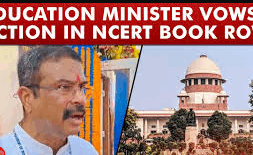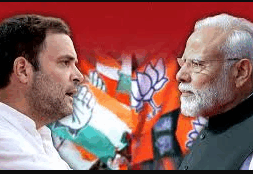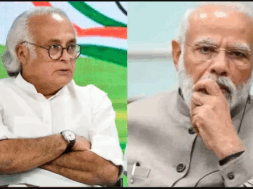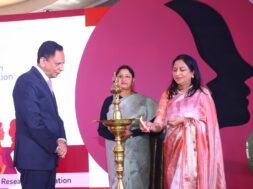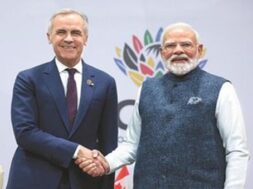
Second Wave Affecting Middle Aged More, Indian Railways to Run “Oxygen Specials”
NEW DELHI, Apr 18: Several researchers and diagnostic laboratories seem to be in agreement with the Delhi chief minister Arvind Kejriwal who in some recent video clips had claimed that the current second Corona wave was hitting the middle-aged more than the elderly people.
A Mumbai doctor even said that they are also seeing children under the ages of 12 and 15 being admitted with symptoms in the second wave of Covid-19.
As India is witnessing the second wave of Covid-19, many young people are testing positive for the viral disease as compared to older people and are reporting symptoms different than what were common when the infection initially began spreading, an expert from a Delhi-based diagnostic lab said.
“A lot of young people are testing Corona positive compared to old people. Symptoms are different this time. Many are complaining of dry mouth, gastrointestinal issues, nausea, loose tools, red eyes, and headache. Everyone doesn’t complain of fever,” the expert said.
Kejriwal had also recently said 65 per cent of new patients were below the age of 45.
“We are also seeing children under the ages of 12 and 15 being admitted with symptoms in the second wave. Last year there were practically no children,” a doctor in a Mumbai hospital said. Experts, however, say that more data was needed to back up the anecdotal evidence in India, with genome sequencing of samples playing a key role.
“Sequencing will tell you about the mutant that’s emerging,” said a virologist. “But it doesn’t take away from everything else that you should be doing – that is to wear a mask and avoid crowded places.”
The remarks come on a day when India logged over two lakh Covid-19 cases for the fourth consecutive day with which the total infection tally went up to 14.78 million. Another doctor in Delhi said according to a study of the molecular basis, 60% of strain is “double mutant” which is extremely dangerous.
In line with the Centre’s call for massive testing, an expert said testing had gone up but the testing labs are facing several challenges including calls for home collection of samples and the timely updating of data. “There’s a massive surge in calls for home collection which is difficult to handle. There’s no problem with infrastructure/machines. The problem lies with the government-mandated rule to do ICMR entry within 24 hours,” the expert said.
Meanwhile, the railways ministry said a green corridor was being created to ensure fast movement of Oxygen Express trains, which will ply after the completion of technical trials.
Amid reports of shortage of oxygen supply for Covid-19 patients across several states, the Indian Railways is all set to operate ‘Oxygen Express’ trains for the transport of liquid medical oxygen (LMO) and oxygen cylinders, the ministry of railways said in a statement on Sunday.
The ministry said following the technical trials “empty tankers would be moved from Kalamboli and Boisar railway stations in and near Mumbai, and sent to Vizag and Jamshedpur, Rourkela, and Bokaro, for loading of liquid medical oxygen tankers.”
The announcement comes a day after Prime Minister Narendra Modi held a review meeting in which he directed that the installation of approved medical oxygen plants be speeded up. Officials said 162 PSA oxygen plants are being installed in 32 states and Union territories from PM CARES and one lakh cylinders are being procured, which will be supplied to states soon.
“A supply mapping plan for 12 high burden states till April 30 has also been undertaken. The Prime Minister also said that supply of oxygen required for production of medicines and equipment necessary to handle the pandemic should also be ensured,” the prime minister’s office said in a statement.
“The Government has exempted all interstate movement of oxygen tankers from registration of permits to enable easier movement. PM was informed that States and transporters have been asked to ensure tankers move round the clock with drivers working in shifts to ensure faster turnaround and adequate capacity to meet the surge in demand,” the Prime Minister’s office said, adding that cylinder filling plants will also be permitted to operate 24 hours with necessary safeguards.
The Centre has also allowed industrial cylinders to be used for medical oxygen after due purging. “Similarly nitrogen and argon tankers will be automatically allowed to be converted to oxygen tankers to overcome the potential shortage of tankers,” the statement added. Efforts are also being made to import medical grade oxygen, official sources added.
(Manas Dasgupta)




